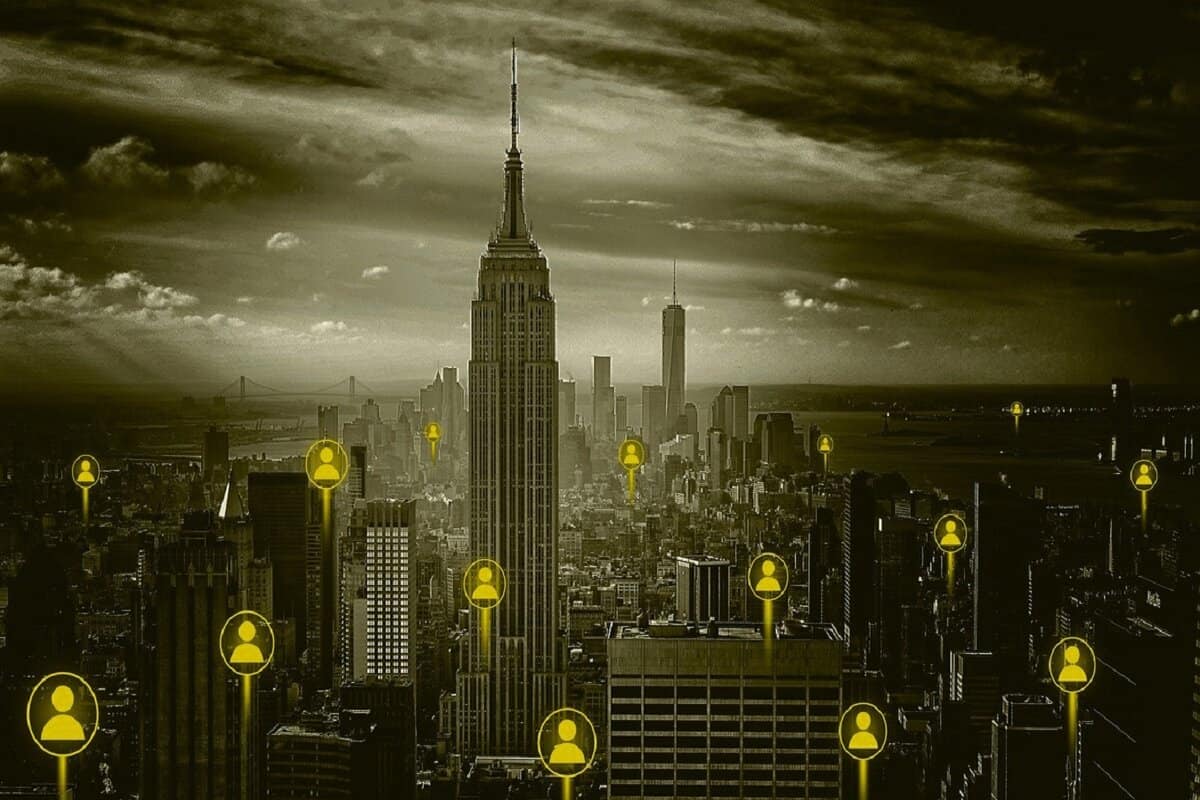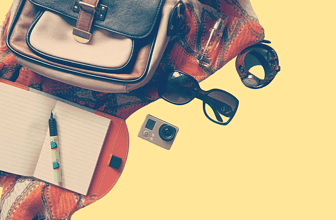
Media literacy competencies can be divided into four groups: understanding media, using media, communicating through media, and the ability to achieve one’s own goals using media.
Media literacy is a set of competencies necessary for active and conscious participation in the life of a media society. Everything is changing quickly, with the development of artificial intelligence and high technologies. Media literacy is critical for human survival.
Understanding media literacy
Our daily lives are increasingly influenced by the media. This is the process in which a wide range of media penetrates our world more and more deeply. It is all about the growing influence of the media on society. Media literacy begins with an awareness of this process and its consequences.
We do not yet know what the consequences will be, what we should welcome, and what we should resist. However, we do know that the increasing presence of media in society is being discussed everywhere – from hair salons to universities, from online forums to TV talk shows. Media literacy is about experiencing, discussing, and debating the trends and implications of a prominent feature of our time – the increasing influence of the media on society.
The media always represent reality from a certain perspective. This perspective often stands out, for example, in advertising a particular product or in exposing injustice in a documentary format.
Usage
Active participation in the life of a media society begins with technical skills in using media. These range from simple tasks such as using a mouse or opening an attachment to more complex skills such as setting up the internet on a mobile phone or creating a presentation, to very sophisticated skills such as editing videos or creating websites.
Media-literate people explore opportunities and develop skills to move optimally in media environments. Such people are usually actively learning new programs and technologies.
Communication
In today’s information society, we are overwhelmed with information. Public and commercial media channels broadcast 24/7. Three million newspapers are published every day. Countless books are borrowed from libraries every year. The figures for information accessed on the Internet are even more astronomical. It is crucial to be able to find what you’re looking for, select what you need, and use your critical thinking.
Today’s media society is also highly networked. We are constantly in contact with others through email, smartphones, online games, and social media.
Therefore, full participation in a media society means being able to make optimal use of social media. This requires new skills in various areas. Firstly, you need to learn what you can and cannot do, learn the norms and values of the online community, and adapt your behavior accordingly.
Knowing the etiquette also means being able to avoid unwanted messages. Social media not only brings connections and collaboration but also misuse and abuse. Media-literate people know when other people are behaving inappropriately and can effectively put a stop to it. Of course, media-literate people pursue their own goals, but they also respect the interests of others and the community as a whole.
Strategy
To make the best use of the opportunities provided by the media, you need to be able to think about all aspects of your own media use. First, passive media consumption has an impact on your well-being: What do you watch, read, and listen to? How well do you understand the media? What do you do with the media, and how does it affect your life? Media literacy means understanding your media use to the point where you can make conscious choices to optimize your media activities.
Achieving goals through the media
In today’s media society, it is virtually impossible to achieve personal, social, professional, or community goals without using media in some way. Completing a course of study, building a career, spending your free time, buying your dream home, and living a healthy life: the media plays a role in all of these things.
Sometimes, you need media to share the joy of a great vacation, a successful study, or an inspiring seminar. And sometimes you don’t need media at all. That’s what media literacy is all about – use critical thinking, evaluate wisely, avoid junk, do fact-checking, and resist brainwashing.
You have to realize your purpose, based on a conscious assessment of the possibilities (and limitations) of the media, and use the media effectively for such purposes. The unique personal way in which you do this ultimately defines your digital identity. Stay safe!




